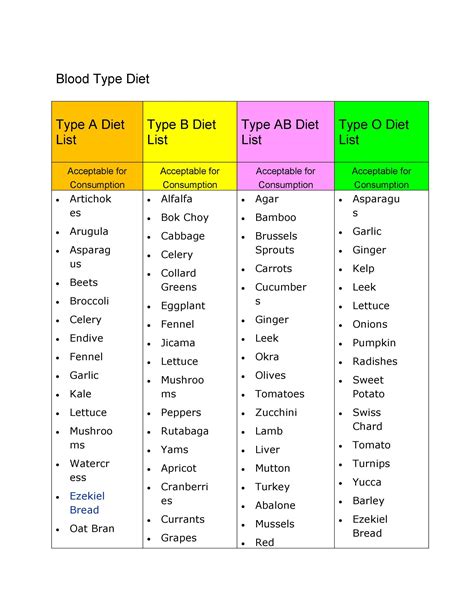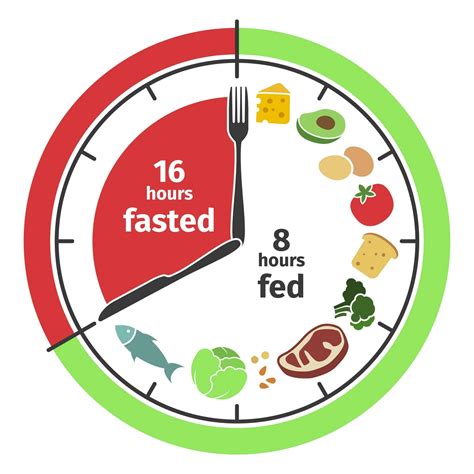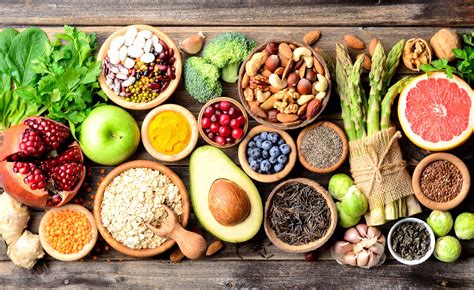Discover the F-Plan Diet’s principles, allowed foods, benefits, and success tips. Start your journey to a healthier lifestyle today.
Introduction to F-Plan Diet
Contents
The F-Plan diet is a high fiber, low calorie eating plan designed to promote weight loss and improve overall health. The diet was created by British author Audrey Eyton in the 1980s and quickly gained popularity for its simple and sustainable approach to weight management.
Unlike many fad diets that focus on restricting certain food groups or drastically reducing calories, the F-Plan diet emphasizes the importance of consuming high fiber foods to promote satiety and improve digestion. By increasing fiber intake, followers of the F-Plan diet are able to feel fuller for longer periods of time, ultimately leading to reduced calorie consumption and weight loss.
The foundation of the F-Plan diet is centered around eating a variety of whole, unprocessed foods such as fruits, vegetables, whole grains, and legumes. These foods are not only rich in fiber, but also provide essential nutrients and antioxidants that support overall health and well-being.
While the F-Plan diet is not a quick-fix solution for weight loss, it is designed to be a sustainable and long-term approach to healthy eating. By focusing on high fiber, nutritious foods, followers of the F-Plan diet can experience lasting changes in their eating habits and achieve their weight loss goals in a healthy and balanced way.
Key Principles of F-Plan Diet
Key Principles of F-Plan Diet
The F-Plan Diet is based on the key principles of high fiber intake and low calorie consumption. The main focus of this diet is to increase the fiber intake to help with weight loss and improve overall health. It emphasizes the consumption of foods that are high in fiber while limiting the intake of high calorie foods.
One of the key principles of the F-Plan Diet is to incorporate a variety of high-fiber foods into your daily diet. This includes foods such as fruits, vegetables, whole grains, legumes, and nuts. These foods are not only rich in fiber, but also provide essential nutrients that are important for overall health.
Another important principle of the F-Plan Diet is to limit the consumption of processed and high calorie foods. This means reducing the intake of sugary snacks, fast food, and other foods that are high in calories and low in nutrients. Instead, the focus is on consuming foods that are nutrient-dense and beneficial for weight loss.
The F-Plan Diet also emphasizes the importance of staying hydrated and drinking plenty of water throughout the day. Hydration is essential for digestion and overall health, and can also help to control appetite and reduce caloric intake.
Overall, the key principles of the F-Plan Diet revolve around increasing fiber intake, reducing calorie consumption, and focusing on nutrient-dense foods. By following these principles, individuals can effectively lose weight and improve their overall health.
Foods Allowed on F-Plan Diet
The F-Plan diet focuses on consuming high-fiber foods that help promote weight loss and improve overall health. The diet emphasizes the consumption of whole grains, fruits, vegetables, and legumes, which are all excellent sources of dietary fiber. These foods are not only allowed on the F-Plan diet, but they are also highly encouraged.
Additionally, foods rich in soluble fiber, such as oats, barley, and flaxseeds, are permitted on the F-Plan diet as they are known to aid in reducing cholesterol levels and promoting heart health. These high-fiber foods help individuals feel full and satisfied, making it easier to adhere to the diet and promote sustainable weight loss.
Furthermore, incorporating a variety of nuts, seeds, and beans into the F-Plan diet is encouraged, as these foods are not only rich in fiber but also provide essential nutrients such as protein, healthy fats, and antioxidants.
It is important to note that while the F-Plan diet focuses on high-fiber foods, it also allows for the consumption of lean protein sources such as skinless poultry, fish, and tofu. Incorporating these protein sources into meals can help balance the diet and provide essential amino acids necessary for overall health.
| Allowed Foods: | Restricted Foods: |
|---|---|
|
|
By following the F-Plan diet and incorporating these high-fiber foods into your meals, you can enjoy a variety of delicious and nutritious options while working towards your health and weight loss goals.
Benefits of F-Plan Diet
The F-Plan Diet is a high-fiber, low-calorie diet that focuses on consuming foods that are rich in fiber. One of the main benefits of following the F-Plan Diet is weight loss. The high fiber content of the diet helps to keep you feeling full for longer periods of time, which can lead to reduced calorie intake and ultimately weight loss. In addition to weight loss, the F-Plan Diet can also help to improve digestion and prevent constipation.
Another benefit of the F-Plan Diet is its potential to reduce the risk of developing chronic diseases such as heart disease and diabetes. The high intake of fiber from fruits, vegetables, and whole grains can help to lower cholesterol levels and regulate blood sugar levels, both of which are important for maintaining heart health and reducing the risk of diabetes.
In addition to the health benefits, the F-Plan Diet can also lead to increased energy levels. The foods allowed on the diet are nutrient-dense, providing the body with essential vitamins and minerals that can help support overall energy levels and prevent feelings of fatigue.
Furthermore, the F-Plan Diet can help to improve overall gut health. The high fiber content of the diet can promote the growth of beneficial gut bacteria and improve the overall balance of the gut microbiome, which is important for overall digestive health and immune function.
| Foods Allowed on F-Plan Diet |
|---|
| Whole grains |
| Legumes |
| Fruits |
| Vegetables |
| Nuts and seeds |
In conclusion, the F-Plan Diet offers a range of benefits including weight loss, improved heart health, increased energy levels, and better gut health. By focusing on consuming high-fiber, nutrient-dense foods, individuals can improve their overall well-being and reduce the risk of chronic diseases.
Tips for Success on F-Plan Diet
The F-Plan Diet is a popular weight loss program that focuses on consuming high-fiber foods to help you feel full and satisfied while consuming fewer calories. To successfully follow the F-Plan Diet, it’s important to incorporate a variety of high-fiber foods into your daily meals and snacks. One of the key tips for success on the F-Plan Diet is to gradually increase your fiber intake to give your body time to adjust. This can help prevent discomfort and bloating that can sometimes occur when significantly increasing fiber consumption.
Another tip for success on the F-Plan Diet is to drink plenty of water throughout the day. Fiber works best when it absorbs water, so staying well-hydrated can help the fiber do its job in keeping you feeling full and satisfied. Additionally, it’s important to be mindful of portion sizes when following the F-Plan Diet. While high-fiber foods can help control hunger, it’s still important to practice moderation and avoid overeating, even when consuming primarily low-calorie, high-fiber foods.
It’s also beneficial to incorporate a variety of high-fiber foods into your daily meals and snacks. This can help prevent boredom and ensure that you’re getting a wide range of nutrients from different sources. Fruits, vegetables, whole grains, and legumes are all excellent choices for incorporating high-fiber foods into your diet. Finally, it’s important to be patient with the process of adapting to the F-Plan Diet. Weight loss and lifestyle changes take time, so it’s important to stay consistent and focused on your goals.












